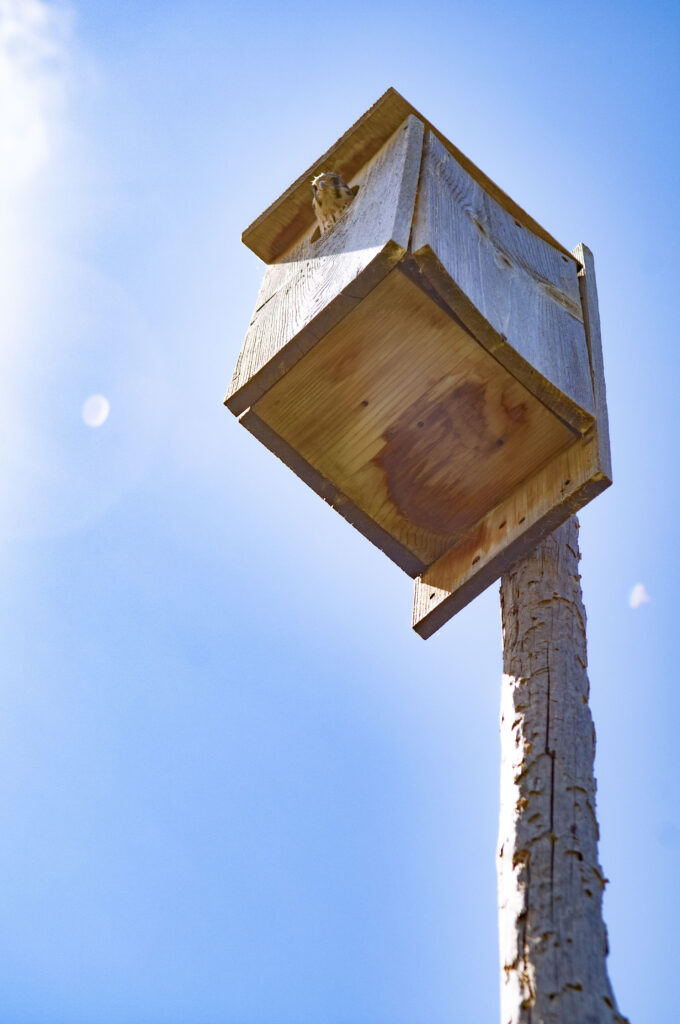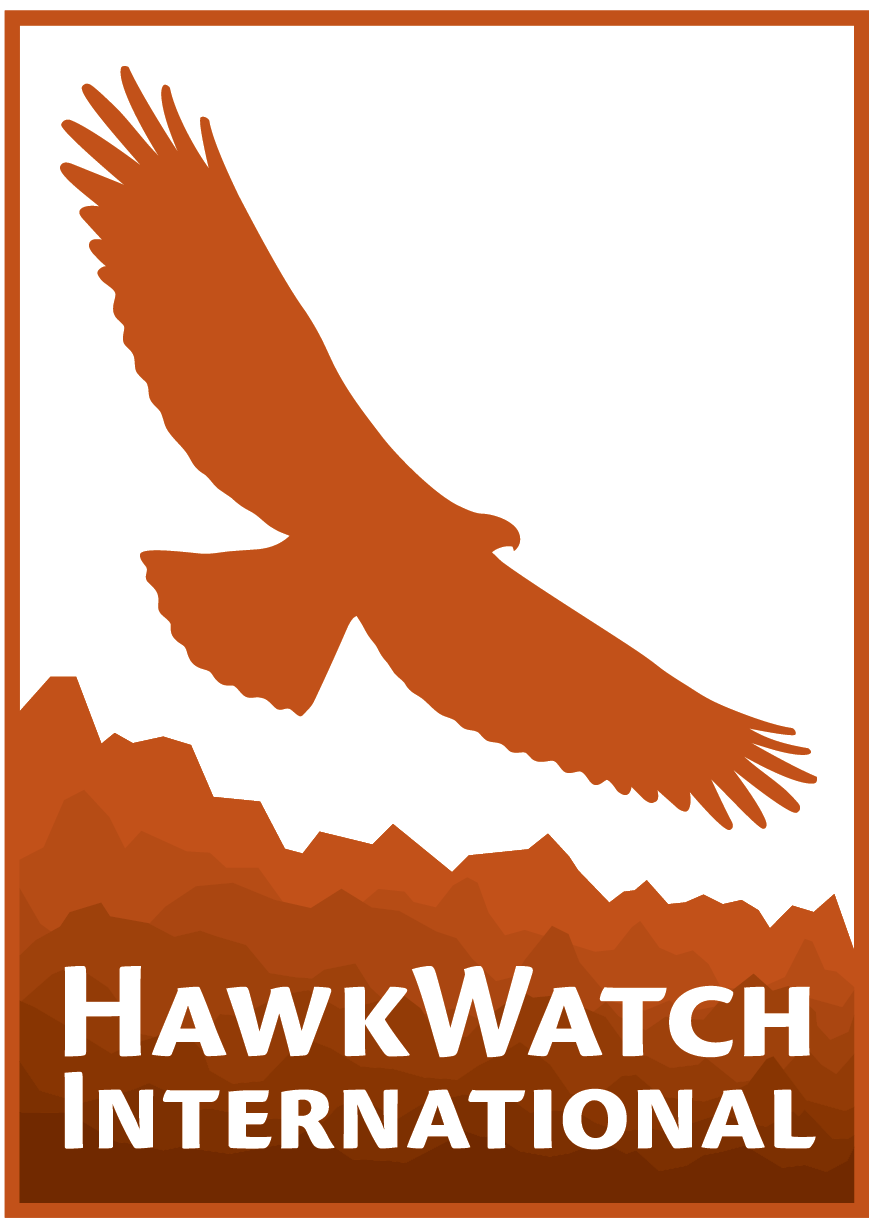FAQs
General Questions
HWI is a 501(c)(3) nonprofit whose mission is to conserve our environment through education, long-term monitoring, and scientific research on raptors as indicators of ecosystem health. You can learn more on the Our Story page.
We do not take in injured raptors. If you are local to our home base in Salt Lake City, we recommend the Wildlife Rehabilitation Center of Northern Utah and the Wildlife Center of Salt Lake City. If not, contact your state’s department of wildlife resources, a local vet, or use the Animal Help website or app. For more information, check out this fantastic video by Teton Raptor Center on what to do when you find an injured bird.
If you head to our volunteer page, where you can learn about what opportunities we offer. You can join our waitlist for upcoming opportunities here.
HawkWatch International does not have an office or aviary that is open to the public. You can see our Raptor Ambassadors at one of our public programs, which you can find on our event calendar. You can also bring our birds to you by booking an education program here.
You can submit your question to our Ask an Expert form, where our scientists will get back to you directly.
You can learn more about our Raptor Ambassador programs here. Pricing depends on the program and will be provided after you fill out our interest form, found here. Not seeing something that meets your needs? Fill out the form and let us know exactly what you need so we can provide you with a quote for a custom program. To learn more about lectures from our scientists, click here.
We offer many programs that are free and open to the public at community spaces and public parks. Head to our event calendar to find our free programs. We also have funding to supplement programs for Utah public and charter schools. For more information, fill out our interest form and include the accommodation you need.
Our Raptor Ambassadors are all birds that were injured or impacted by humans in some way that prevents them from being released back into the wild. HWI has a permit from the U.S. Fish and Wildlife Service that allows us the privilege of providing life-long care for these birds. Our permit also mandates that our Raptor Ambassadors are used to educate the public about issues affecting raptors and other wildlife. We find that there is no more effective way to get people excited about raptor conservation than to allow them to meet a bird up close.
If you live in North America, you can find a count site near you on hawkcount.org.
HawkWatch International is a scientific research organization and is not directly involved in falconry. If you are interested in working with our Raptor Ambassadors, you can learn more on our volunteering page. To start in falconry, we suggest joining your local falconry organization. If you are based in Utah, you can learn more from the Utah Falconers Association.
Head to our staff page to find who makes the most sense to answer your question. Not sure who to contact? You can reach us via our contact page.

Raptor Questions
Most likely, you are seeing a hawk in the group accipiter. Sharp-shinned Hawks and Cooper’s Hawks both prey primarily on small birds.
It is not common for dogs or cats to be attacked by raptors; however, it does happen rarely. For the most part, your pets are too large for a hawk to attack. It is also important to remember that your pets face other safety risks outdoors, such as bobcats, coyotes, bears, and even people and vehicles. It is best not to leave your pets outside unattended. You can read more on this subject on our blog.
Here is a non-extensive list of some ways you can help…
– Make your backyard more welcoming for raptors. You can learn more about this here.
– Build a nestbox for cavity-nesting raptors
– Drive slowly and do not litter along roadways.
– When hunting, switch to lead-free ammunition to prevent lead poisoning in scavenging raptors.
– Avoid the use of/properly dispose of/ or put away materials raptors may become entangled in, such as fishing nets/wire, sports nets, barbed wire, Christmas lights, etc.
– Avoid using pesticides that can enter poison into the food chain.
– Plan tree work for the fall, after raptors nest.
– Donate to HawkWatch International to support our research and conservation efforts.
Raptors Need You!
Each year, fewer than 3% of all charitable dollars in the United States support conservation. Your gift makes our work to conserve raptors and our shared environment possible. Thank you.
